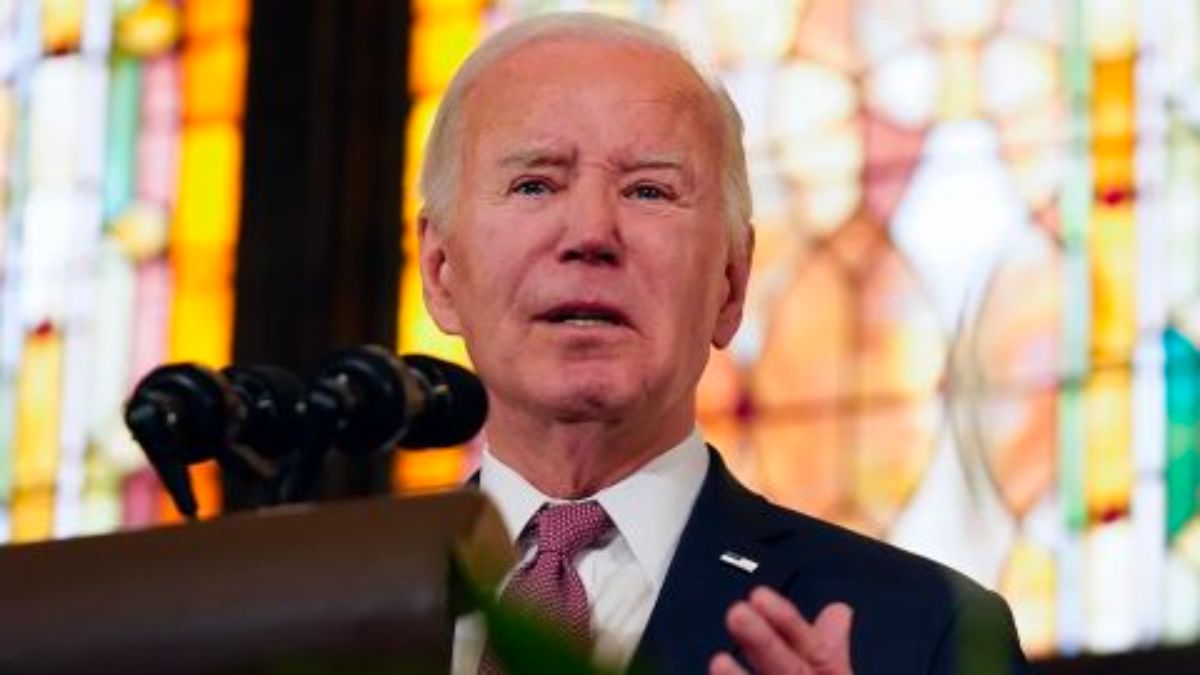President Biden Reiterates U.S. Stance on Taiwan’s Independence Amid Presidential Election

U.S. President Joe Biden emphasized on Saturday that the United States does not endorse the independence of Taiwan, following the Taiwanese election results where voters elected the Democratic Progressive Party (DPP) candidate Lai Ching-te for a third presidential term, rebuffing Chinese influence.
President Lai Ching-te, who assumed power earlier in the day, stood firm against Chinese pressure and committed to resisting Beijing while expressing a willingness to engage in diplomatic talks. Responding to the election outcome, President Biden stated, “We do not support independence…” reiterating the long-standing U.S. policy.
The United States officially shifted diplomatic recognition from Taipei to Beijing in 1979 and has consistently maintained its position of not supporting a formal declaration of independence by Taiwan. Despite this, the U.S. maintains unofficial relations with Taiwan and remains a crucial supporter and arms supplier for the self-governed island.
China, which has never renounced the use of force to bring Taiwan under its control, is wary that President Lai could potentially declare the establishment of a Republic of Taiwan, a notion Lai himself has denied.
President Biden’s remarks on Saturday seemed to be an effort to reassure Beijing, particularly after previous comments that hinted at U.S. defense of Taiwan, deviating from the historical U.S. position of “strategic ambiguity.”
Hours before the polls opened, Washington issued a warning that it would be unacceptable for any country to interfere in the election. Taiwan, considered by China as its own territory, has been celebrated as a democratic success story since its first direct presidential election in 1996.
U.S. Secretary of State Antony Blinken congratulated President Lai Ching-te on his victory and affirmed the United States’ commitment to maintaining cross-strait peace and stability, advocating for the peaceful resolution of differences without coercion.
Concerns within the Biden administration suggest potential escalation of conflict with Beijing following the election, and Biden’s efforts to maintain a stable relationship with China have been ongoing. The administration anticipates that China may exert pressure on Taiwan, possibly through military maneuvers near the island in the coming months.
In a demonstration of support for Taiwan, President Biden plans to dispatch an unofficial delegation to the self-governed island, likely consisting of former high-ranking American officials. Similar delegations have been sent to Taiwan in the past, with the aim of strengthening ties between the two nations.
The historical context of U.S.-Taiwan relations adds a complex layer to the situation, recalling tensions in 2016 when President-elect Donald Trump’s phone conversation with President Tsai Ing-wen marked the first direct exchange between U.S. and Taiwanese leaders since diplomatic recognition shifted to China in 1979.
